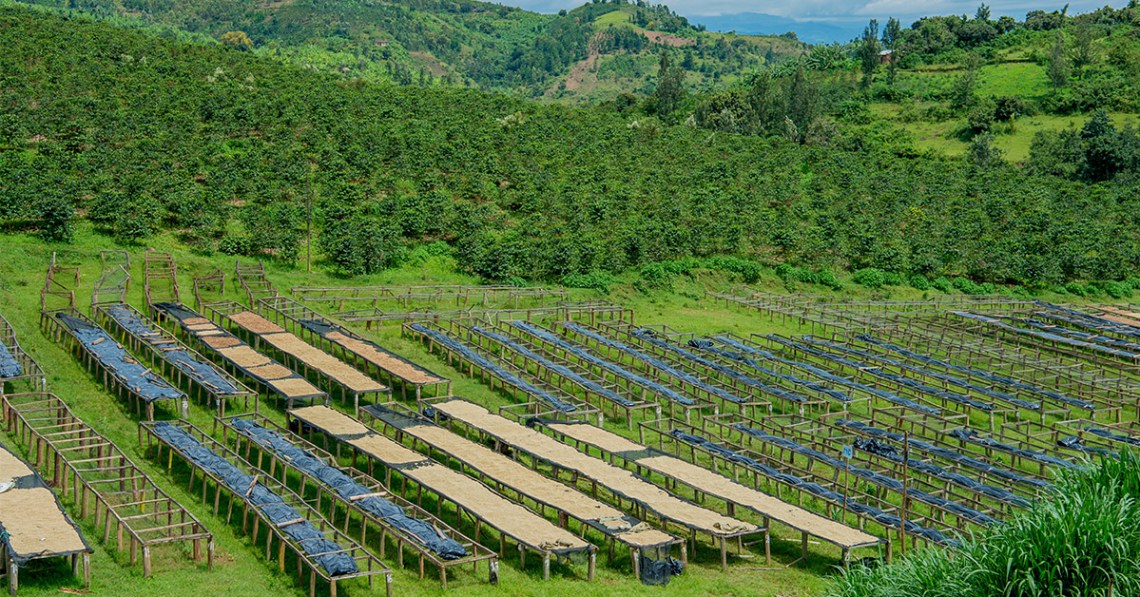
Organic coffee makes up only 3% of the coffee market in North America, yet accounts for 33% of all organic beverage sales in the US and has the highest value of any organic import. While the practice has the potential to positively impact the environment it can also come at a great cost to farmers and their crop. Here’s what you need to know.
What Qualifies as Organic Coffee?
First off, to label your coffee as “organic,” coffee-makers have to receive a certification by the USDA. The following is required to be certified as organic:
- The coffee is grown on land that wasn’t exposed to synthetic pesticides or other prohibited substances for 3 years prior.
- A sufficient buffer exists between the organic coffee and the closest conventional crop.
- A sustainable crop rotation plan is in place to prevent erosion, depletion of soil nutrients, and to naturally control for pests.
- The coffee farm’s fertilizer must be 100% organic.
How Can Organic Coffee Impact the Environment?
The impact of organic coffee on the environment is two-fold. Although organic fertilizers greatly improve soil health and reduce erosion, they also create a crop with lower yield (less coffee beans). So while it’s better for soil health, using organic fertilizer may actually have a negative affect on land use in that it causes farmers to take on even more land for cultivation.
Additionally, it’s also true that the process of organic farming creates a healthier ecosystem more closely related to an organism’s natural environment and creates sustainable relationships between organisms within that environment. That being said, creating a mono-culture (the cultivation of a single crop), regardless of the use of organic or non-organic materials, will always compromise the local ecosystem and increase risks factors that may limit the sustainability of that system over time, which in turn has an economic impact on farmers.
How Can Organic Coffee Impact Quality?
There is no clear evidence to suggest that consuming organic food products are healthier, safer, or of a higher nutritional value than non-organic products.
How Can Organic Coffee Impact Farmers?
Similar to Fair Trade, the USDA organic certification process comes at a cost (organic certification fees, annual direct costs, costs involved to transform production to meet standards) which can prove to be too high for farmers in the developing world to manage.
Conclusion
The advantages and disadvantages of the certified organic coffee process are complicated. While it does intend to benefit our environment and protect coffee practices it can cause a lot of harm to farmers and their crops. The best you can do, like any food or drink you consume, is stay informed and ask questions.











1 comment
It’s cool that organic coffee can have a positive impact on the environment. My wife and I would like to make sure that we’re doing our part to make the world a healthier place, and organic coffee seems like a great way to do that. We’ll be sure to look further into our options for getting some of that in the future.